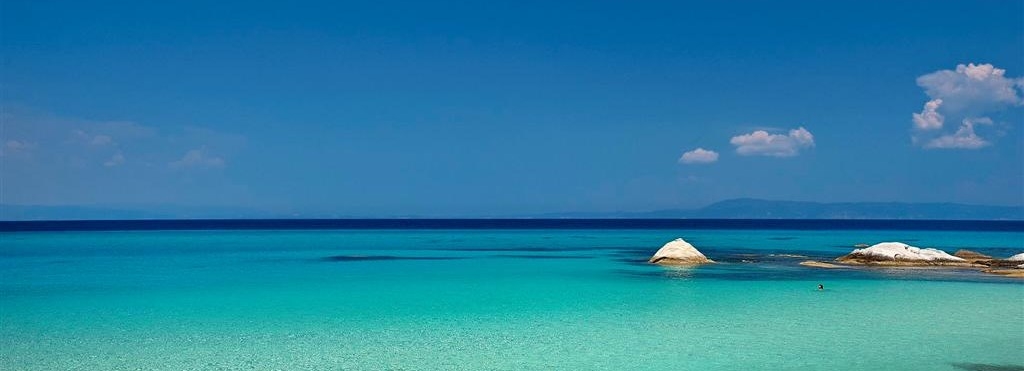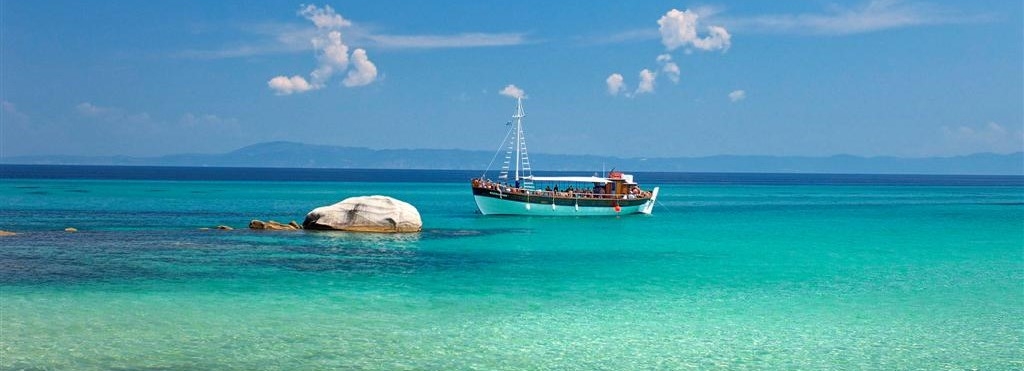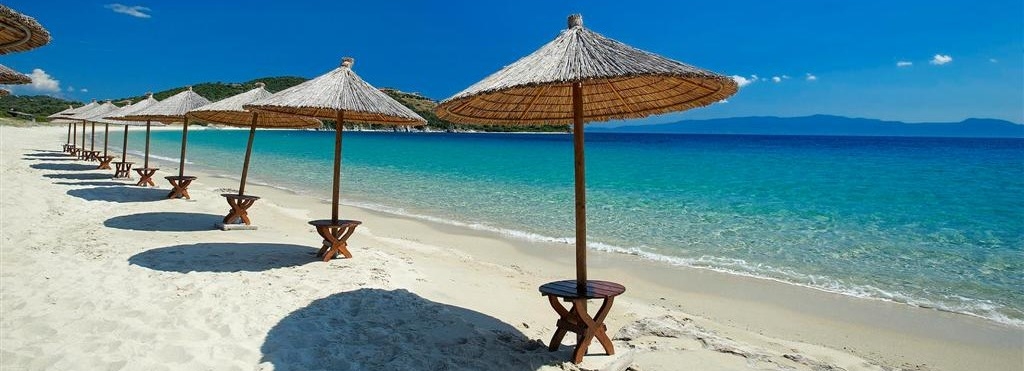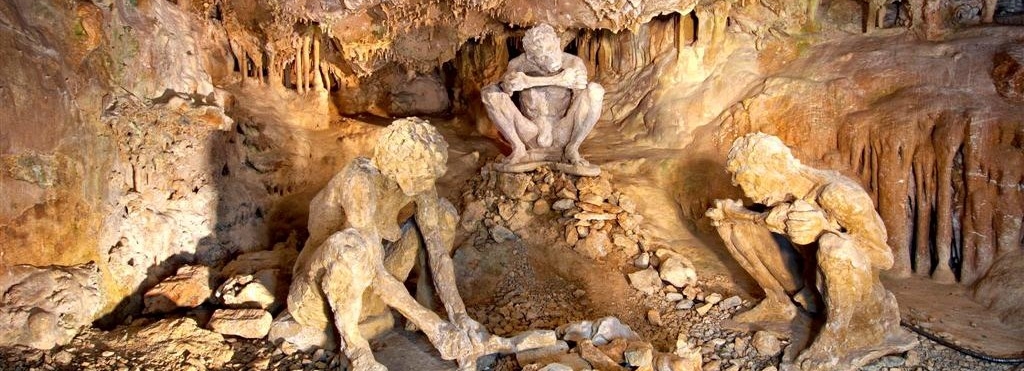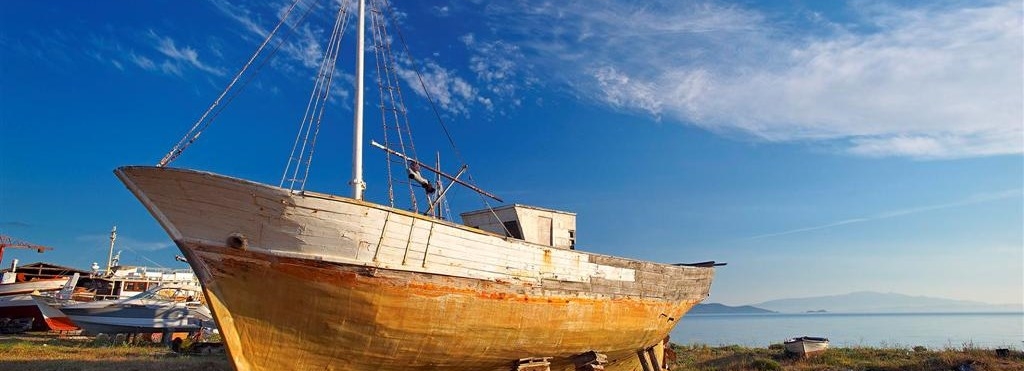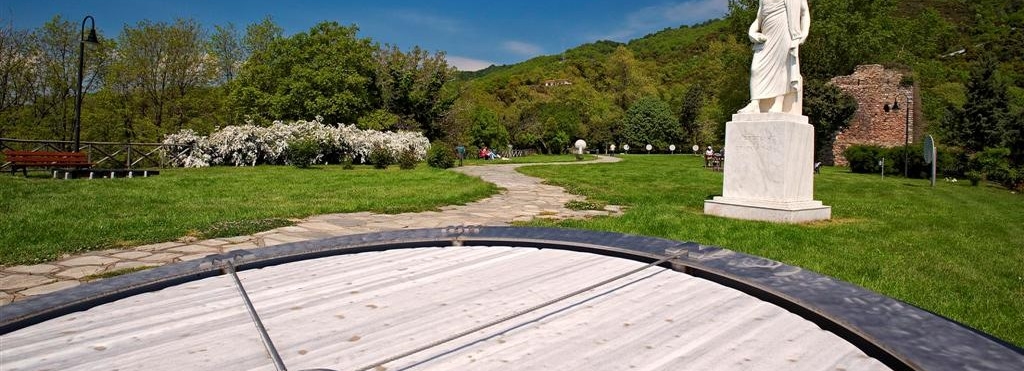Ancient Potidaea was established in 600BC at the cervix of the peninsula of Palini. As follows from the name of the town, its patron was Poseidon. During Xerxes’ campaign against Greece in 480BC the town succumbed after a siege. A year later, however, it was reconstructed and held off the siege by Artabazus. In the same year it was the only city in Macedonia which participated, with other Greek cities, at the Battle of Plataea. In 349/8 BC the city succumbed to the fate of the other cities in Halkidiki and was annexed to the Kingdom of Macedonia.
After being deserted for almost 40 years, in 316BC Cassander erects in the place of Potidaea a new city named after him: Cassandreia (modern Greek Kassandreia). In the intervening interval until the conquest of Macedonia by the Romans (168BC), Cassandreia evolved into one of the mightiest cities in Macedonia. The opening of the canal is speculated to have occurred during this period, which facilitated navigation and promoted trade and economic progress. It fell to the Romans in 168BC and flourished once more.
The decline of the city is connected to the forays of the Huns who, in 540AD invaded Macedonia. Thus, despite the efforts by Justinian in the 14th century, the sources speak of its total desolation. Its castle, important for the security of the whole peninsula, was repaired by John VII Palaiologos in 1407, as well as by the Venetians later. In 1430 the city falls to the Turks. The old fortifications were repaired and reused in the Greek War of Independence in 1821, while the new opening of the canal is dated around the same period. It was in this castle that the revolutionists from Halkidiki barricaded themselves in 1821, putting up a fierce opposition before the “doom of Kassandra”, the well-known ‘holocaust’ that is remembered until today and commemorated with great solemnity annually on November 14. The wall was erected in the 7th century BC by the Corinthians, around the pre-existing city of “Pallene”, which due to its strategic location became powerful. It was the only city in Halkidiki which took part in the Battle of Plateaes and its name was recorded on the Bronze tripod dedicated by the victors to the Gods.
